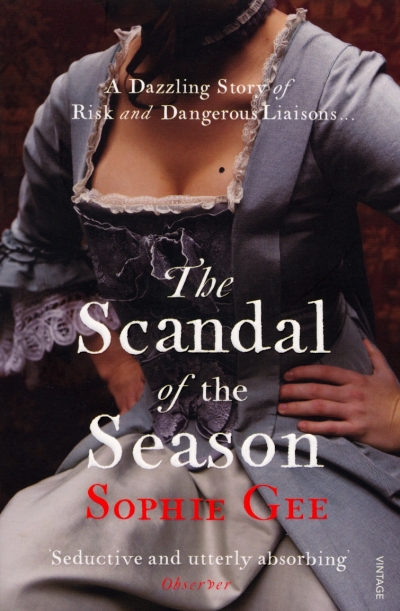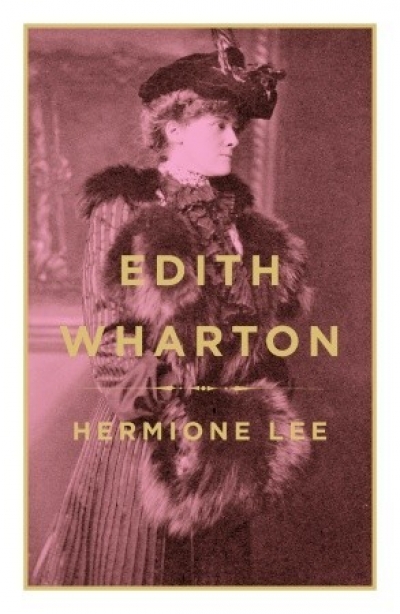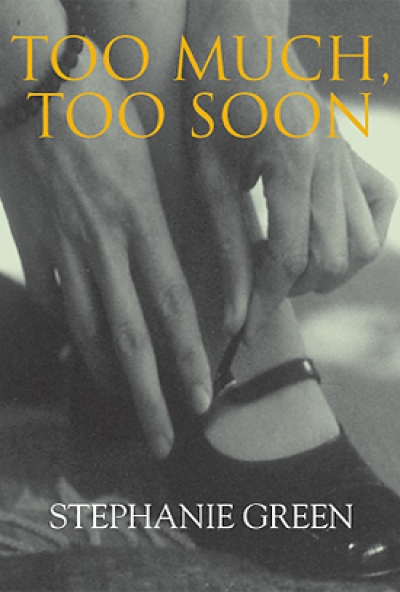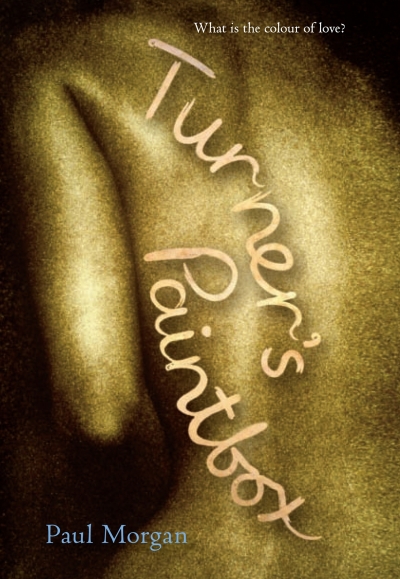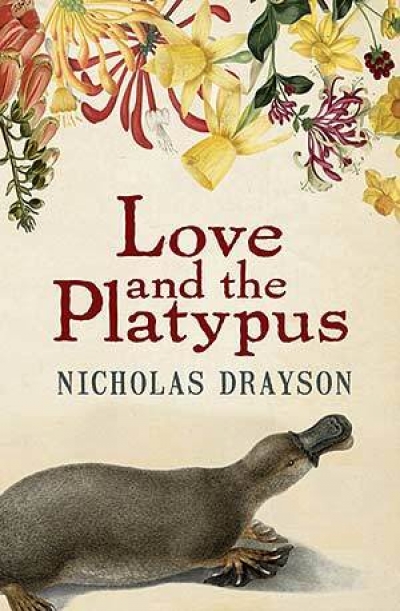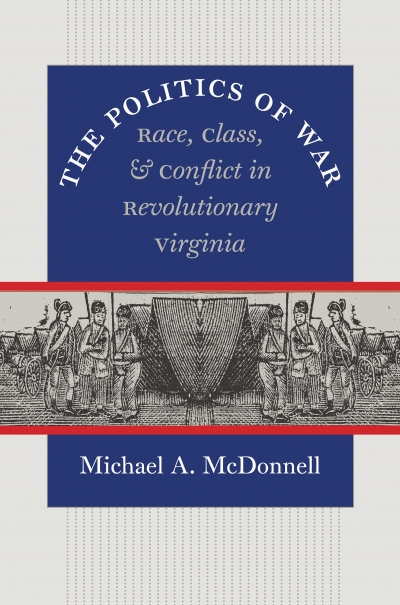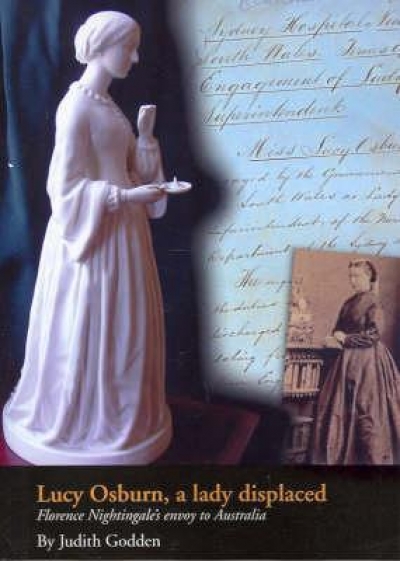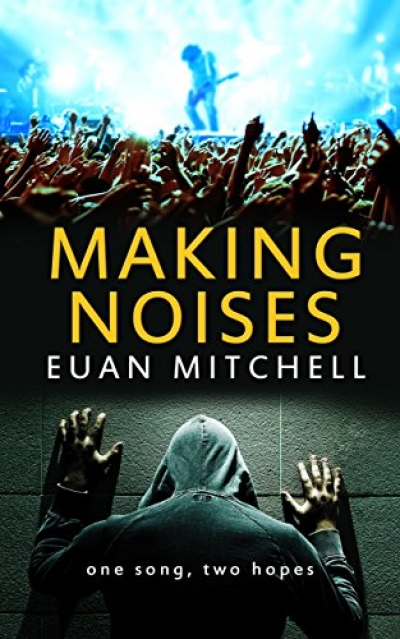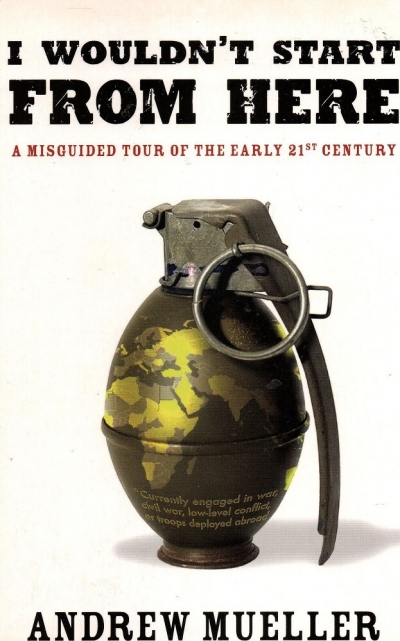Archive
The Politics Of War: Race, Class, And Conflict In Revolutionary Virginia by Michael A. McDonnell
by Donna Merwick •
Dear Editor,
Brian Matthews makes an eloquent defence of Manning Clark’s Kristallnacht fantasy, but I was surprised to find myself being drafted as a witness simply because I once said that autobiography is ‘a lying art’ (May 2007). Actually, I can’t remember ever having used quite those words, but, as Brian Matthews well argues, memory plays tricks.
... (read more)Lucy Osburn, A Lady Displaced: Florence Nightingale's envoy to Australia by Judith Godden
by Beverley Kingston •
I Wouldn't Start From Here: A Misguided tour of the early 21st century by Andrew Mueller
by Dan Toner •

